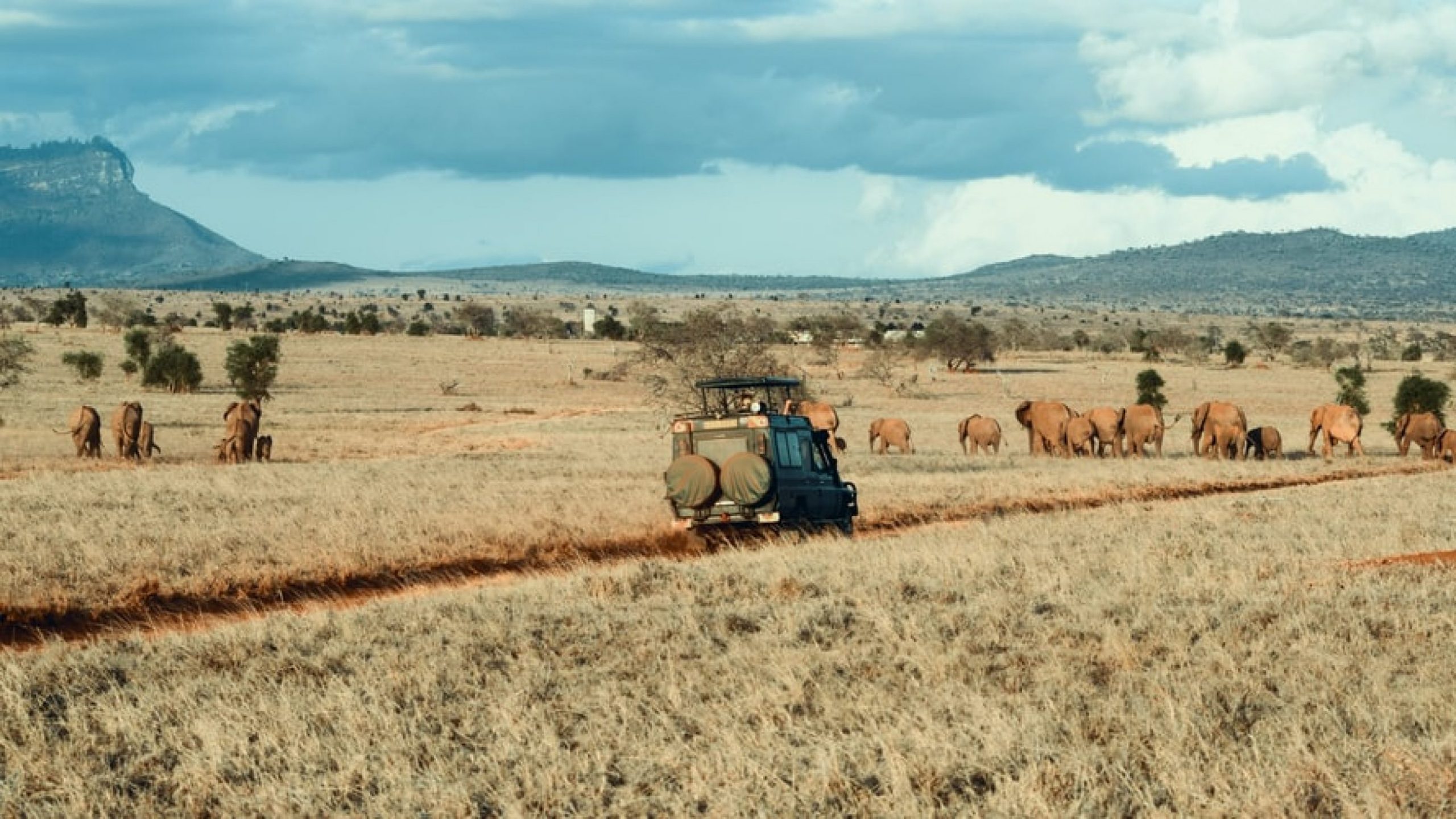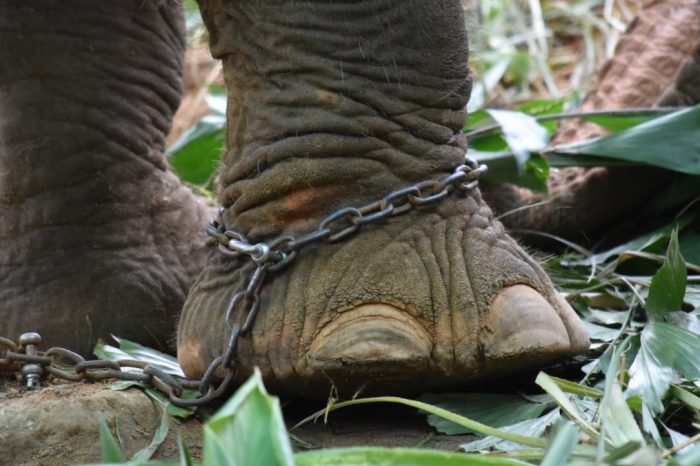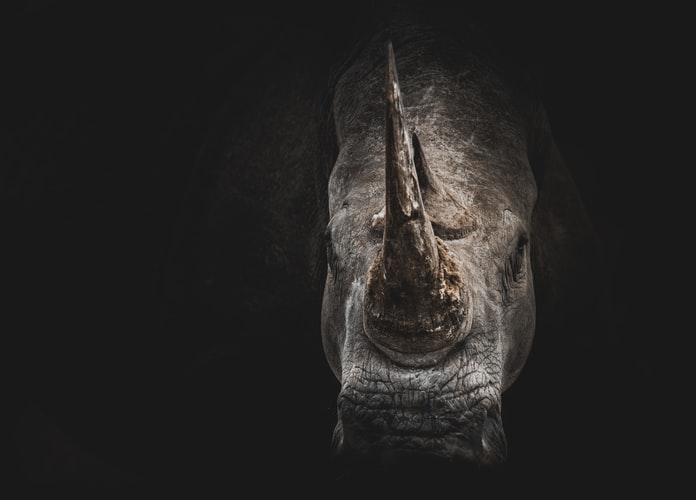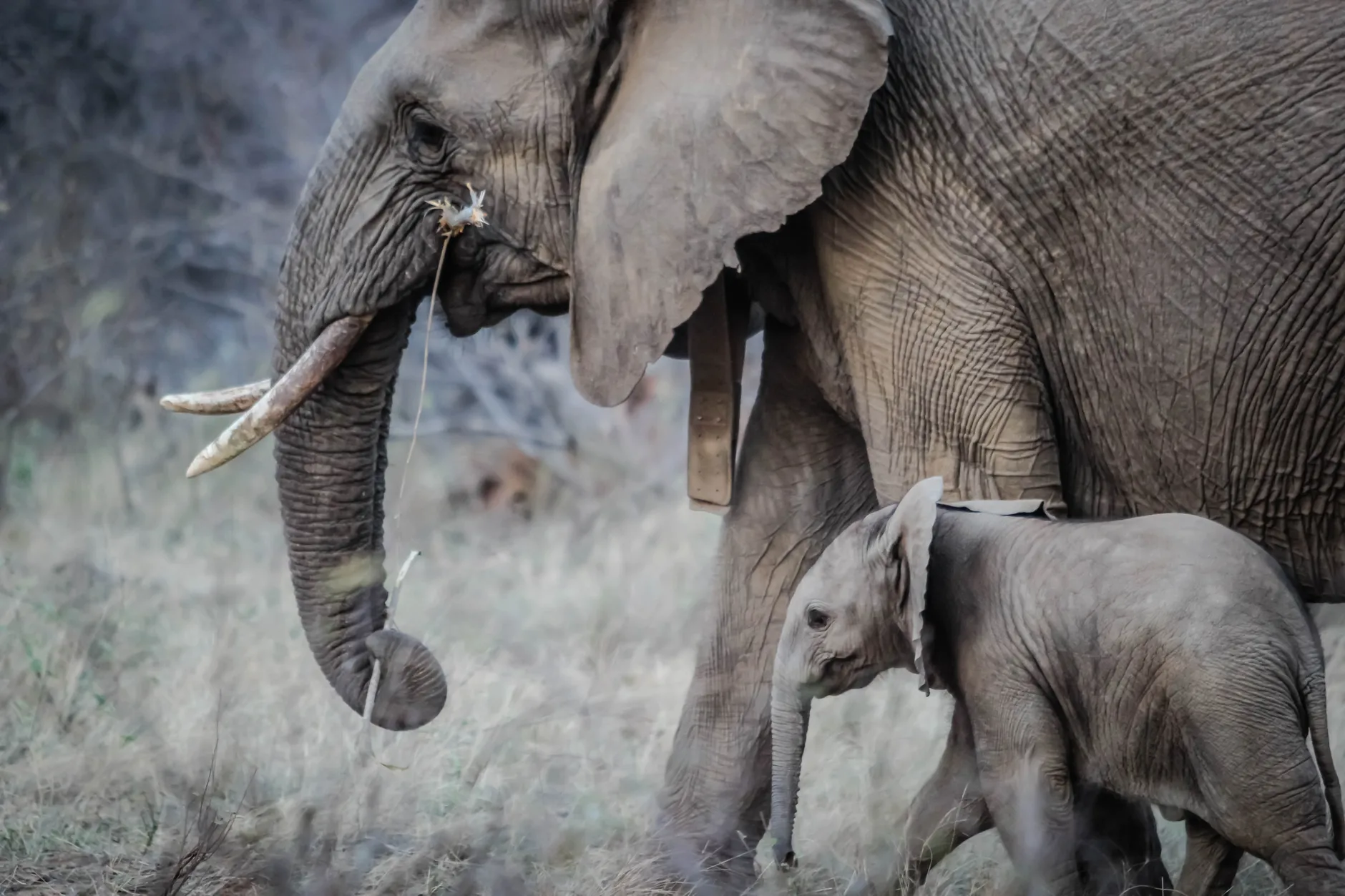Founded in 2010, the Silent Heroes Foundation is an organization that promotes nonprofit work across Africa through projects that support wildlife conservation and One Health. Silent Heroes Foundation supports ideas of the One Health Philosophy, where humans and wildlife are intricately connected to their surroundings. With the One Health philosophy in mind, the Silent Heroes Foundation enhances both human and animal well-being in Africa and helps protect and conserve its wildlife and endangered species. One of the ways this is achieved is through the distribution of equipment and medical supplies to African clinics servicing conservationists, park rangers, veterinarians, and families. The foundation also helps implement innovative conservation, mitigates human-wildlife conflict, and supports research and educational initiatives that focus on the interface between humans, wildlife, and domestic animals.
Poaching of wildlife is an issue of great concern in Africa, especially that involving vulnerable and endangered species such as rhinos and elephants. Well-organized crime syndicates have been carrying out the illegal trade in wildlife products such as rhino horn and ivory and transporting them to China and Vietnam for use as a status symbol among the middle class, a hangover cure, and for medicinal treatment. Most of Africa’s wildlife reserve security and park rangers are neither well trained nor equipped to tackle the problem of poaching. To deal with these challenges, the Silent Heroes Foundation has formed an elite Specialized Interdiction Unit to be deployed on a need and quick-reaction basis across South Africa. The Specialized Interdiction Unit helps boost overall security and has deterred the rate of poaching and poaching-related deaths.
In response to the growing human-elephant conflict in Kenya, the Silent Heroes Foundation is putting in place an initiative to create a pilot bee fence outside Amboseli. This initiative aims to deter elephants from crossing over to farmer lands and raiding crops, thus reducing the number of deaths resulting from such conflict. This will allow park rangers to focus on more critical issues such as anti-poaching activities and will ensure that the agricultural supply of farmers in the region is sustainable. The foundation has also set up the Tumaini Environmental Academy to promote quality learning through evidence-based learning, holistic student development, mentorship, and community engagement. The Tumaini Environmental Academy provides educational opportunities to orphans and a training ground for future conservationists in the region.
In Tanzania, the Silent Heroes Foundation has partnered with the Tanzania Wildlife Research Institute and African Wildlife Trust to boost black rhino and elephant conservation efforts. In the last three generations, the population of black rhinos has decreased by 90% to 5000 in Africa, with less than fifty remaining in the Selous Game Reserve, Tanzania. The Savannah elephant population has witnessed a 90% decline in the last four generations. The partnership will facilitate the monitoring of these endangered species and develop measures to increase the population and deter poaching and other wildlife-endangering activities.
In 2020, Dr. Hayley Adams transformed the work of the Silent Heroes Foundation from a charity model to one of philanthropy by making it a private foundation.…



